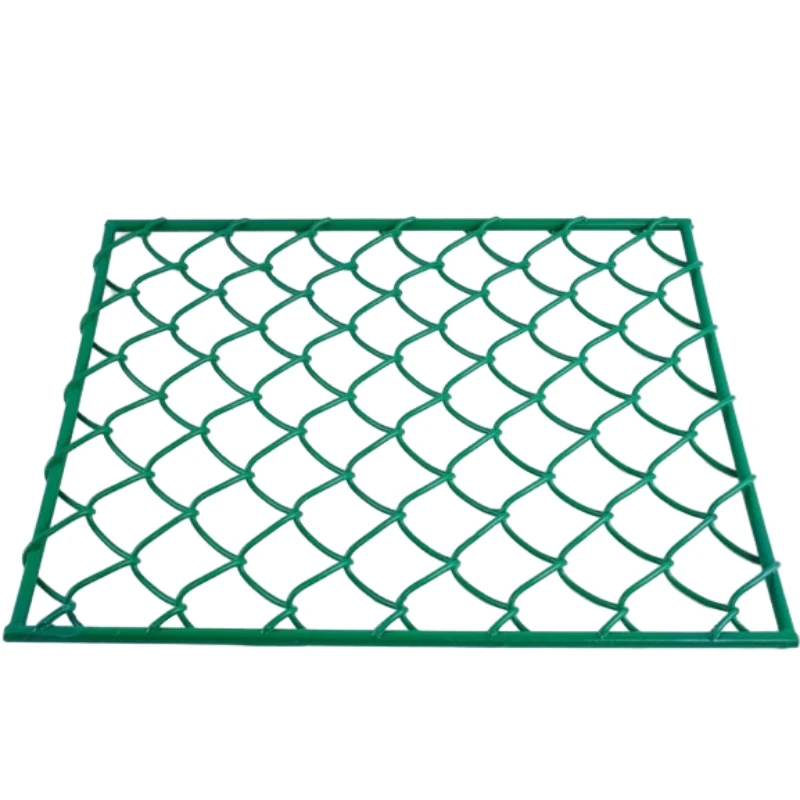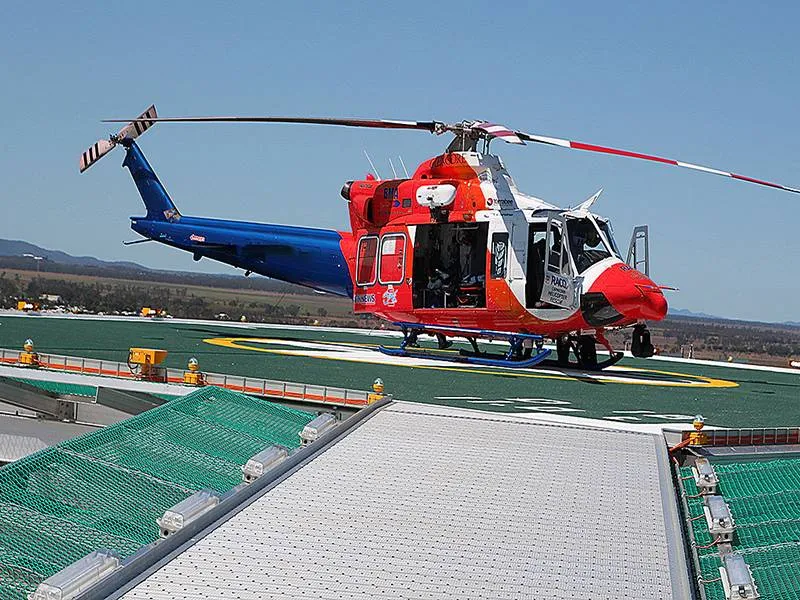- Industrial zone, South of Anping Town, Hengshui, Hebei, China.
- sales@hfpetromesh.com
- +86-18931809706
2 月 . 16, 2025 02:39
Back to list
Press-Locked Steel Grating
Serrated flat bars, often overlooked yet crucial components, play an integral role in various industrial applications. Esteemed for their durability and enhanced grip, these tools have revolutionized sectors ranging from construction to manufacturing. As we delve into the nuances of serrated flat bars, understanding their significance, applications, and inherent advantages underscores their value across different industries.
Moreover, in utility sectors such as energy and telecommunications, these bars provide the necessary structure for cable trays and support systems. The increased load-bearing capacity and non-slip features of serrated edges ensure the stability of installations that endure diverse environmental stressors. When installed in wind turbines or radio towers, they contribute to the longevity and operational stability of the infrastructure. The expertise behind the manufacture of serrated flat bars involves precision engineering to achieve the correct serration pattern. This requires a comprehensive understanding of material sciences and mechanical engineering. Reputable manufacturers employ cutting-edge technology to produce these bars, subjecting them to rigorous quality control to meet international standards. This dedication to excellence not only ensures optimal performance but also provides assurance to end-users regarding the product's durability and reliability. Trust in serrated flat bars is reinforced through detailed testing and certifications from authoritative bodies in the industry. These prove the mechanical properties and load capacities under various conditions. Customers can ensure safety and efficiency by opting for products from manufacturers who adhere to these standards, underscoring the credibility and reliability of their application. The value proposition of serrated flat bars extends beyond their physical attributes. Their integration within various sectors serves as a testament to human innovation in solving practical problems through engineering. It reinforces the significance of choosing the right material for the right application—further solidifying the role of serrated flat bars in modern industry. In conclusion, serrated flat bars, though simple in concept, offer profound utility and reliability across multiple sectors. Their unique design ensures they meet the rigorous demands of safety, efficiency, and environmental sustainability. For industries committed to operational excellence, these bars present a pragmatic solution. As industries continue to evolve, the fundamental need for reliable, high-performance materials such as serrated flat bars remains essential—a true testament to their enduring value and indispensability.


Moreover, in utility sectors such as energy and telecommunications, these bars provide the necessary structure for cable trays and support systems. The increased load-bearing capacity and non-slip features of serrated edges ensure the stability of installations that endure diverse environmental stressors. When installed in wind turbines or radio towers, they contribute to the longevity and operational stability of the infrastructure. The expertise behind the manufacture of serrated flat bars involves precision engineering to achieve the correct serration pattern. This requires a comprehensive understanding of material sciences and mechanical engineering. Reputable manufacturers employ cutting-edge technology to produce these bars, subjecting them to rigorous quality control to meet international standards. This dedication to excellence not only ensures optimal performance but also provides assurance to end-users regarding the product's durability and reliability. Trust in serrated flat bars is reinforced through detailed testing and certifications from authoritative bodies in the industry. These prove the mechanical properties and load capacities under various conditions. Customers can ensure safety and efficiency by opting for products from manufacturers who adhere to these standards, underscoring the credibility and reliability of their application. The value proposition of serrated flat bars extends beyond their physical attributes. Their integration within various sectors serves as a testament to human innovation in solving practical problems through engineering. It reinforces the significance of choosing the right material for the right application—further solidifying the role of serrated flat bars in modern industry. In conclusion, serrated flat bars, though simple in concept, offer profound utility and reliability across multiple sectors. Their unique design ensures they meet the rigorous demands of safety, efficiency, and environmental sustainability. For industries committed to operational excellence, these bars present a pragmatic solution. As industries continue to evolve, the fundamental need for reliable, high-performance materials such as serrated flat bars remains essential—a true testament to their enduring value and indispensability.
Share
Prev:
Latest news
-
The Power of Pyramid Shaker Screen - A 3-Dimensional SolutionNewsOct.24,2024
-
Exploring the Versatility and Durability of Steel GratingNewsOct.24,2024
-
Revolutionizing Drilling Efficiency with Steel Frame Shaker Screens for Mud Shale ShakersNewsOct.24,2024
-
Potential of Shale Shaker ScreensNewsOct.24,2024
-
Offshore Pipeline Counterweight Welded Mesh - Reinforced Mesh in Marine EngineeringNewsOct.24,2024
-
Revolutionizing Offshore Pipeline Stability with Concrete Weight Coating MeshNewsOct.24,2024
